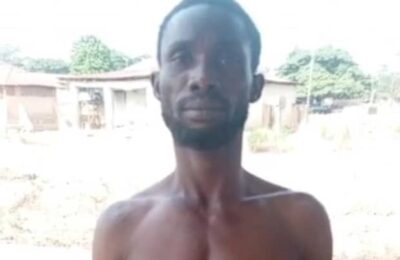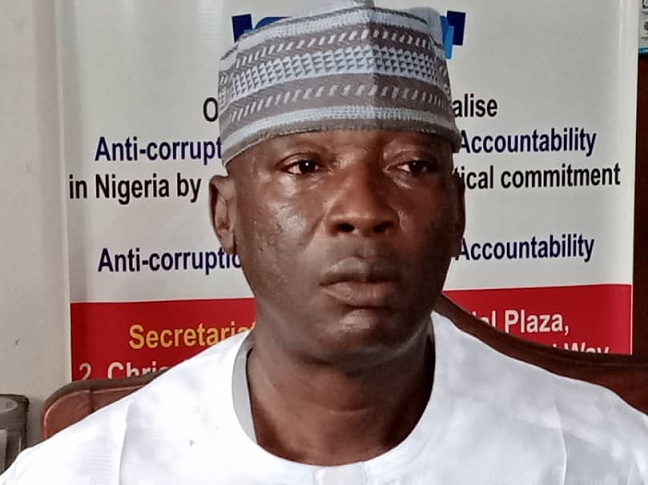In Nigeria, when the rich and powerful (APC vs PDP) fight, it is the helpless and homeless who suffer. They are given a one-time suit to wear, a one-time bath, a one-time shave, and a one-time meal from Transcorp Hilton or Sheraton. But the moment the mission is over, they are tossed back onto the streets as if they never mattered. They become mere pawns in a game they do not understand—used, discarded, and forgotten.
Today, this political betrayal is playing out against one of Egbira’s own—Hon. Natasha Akpoti-Uduaghan. The very people who should shield their daughter are the ones handing her over to be politically crucified. Their loyalty does not lie with blood but with the highest bidder. Their concern is not for justice but for proximity to power.
Yet, look at Akpabio’s people. When forces tried to recall him, the homeless in his village received not a single kobo, yet they stood firm. They knew that power, once lost, does not return easily. They understood that no matter how imperfect their son was, it was better to defend their own than to sell him off to strangers. But here, among the Egbira, betrayal flows like palm wine at a village festival—cheap, abundant, and intoxicating.
Nigeria is a land where the sins of the poor are unforgivable, but the crimes of the rich are negotiable. Many ordinary citizens have been punished, detained, or even jailed simply because a rich man’s daughter accused them. They were not given a fair hearing. They were not allowed the privilege of “let’s hear both sides.” They were thrown into darkness because they had no godfathers to speak for them.
Yet, here we are, watching a top politician walk scot-free. The prisons are full of the children of nobody, while the children of the elite rewrite the law to protect themselves. The same people who dance and clap for a rich man’s freedom will watch in silence as their own suffer injustice. It is the same spirit that led the Israelites to free Barabbas but crucify Jesus. The same spirit that watches the suffering of the masses and says, “It does not concern me.”
Hon. Natasha’s political struggle is more than just a personal battle—it is a test of Egbira’s collective integrity. If a people cannot stand with their own when injustice looms, then what do they stand for? If a tribe is willing to trade its daughter for temporary political gains, then what is the price of its loyalty? Prophet TB Joshua once said, “A man’s true character is not revealed in comfort but in crisis.” This is the crisis moment for the Egbira people. This is when history will record whether they stood with truth or sold their own to the highest bidder.
Politics will change. Leaders will come and go. But betrayal is never forgotten. The ones who laugh with the oppressor today may find themselves at the receiving end tomorrow. The street does not forget. The wheel of power spins, and when it turns, those who sold their own may soon find that they, too, have been sold.
Nigeria must decide what kind of nation it wants to be—one where justice is auctioned to the highest bidder or one where the weak are protected from the tyranny of the powerful. But for now, the cycle continues—the rich fight, the poor suffer, and justice remains a dream too expensive for those who need it most.
– Inah Boniface Ocholi writes from Ayah – Igalamela/Odolu LGA, Kogi state.
08152094428 (SMS Only)




